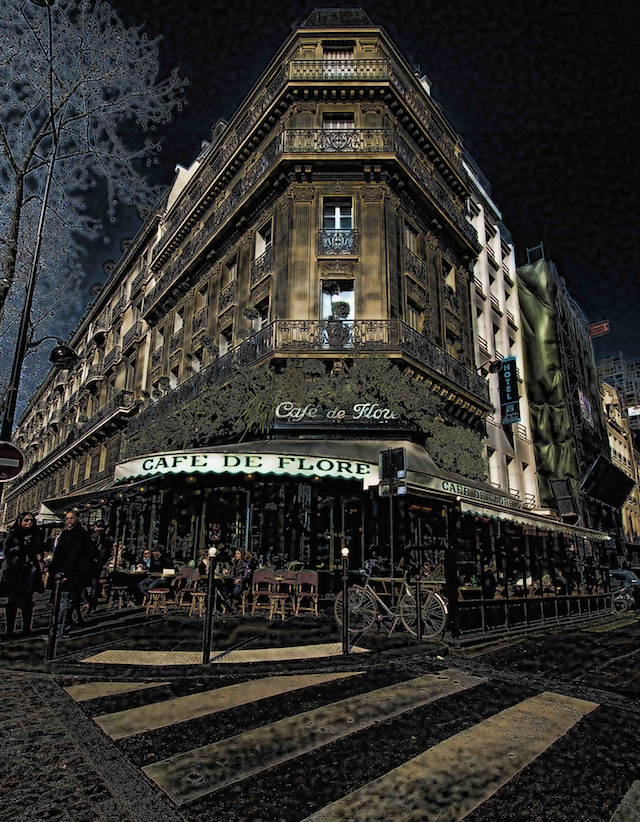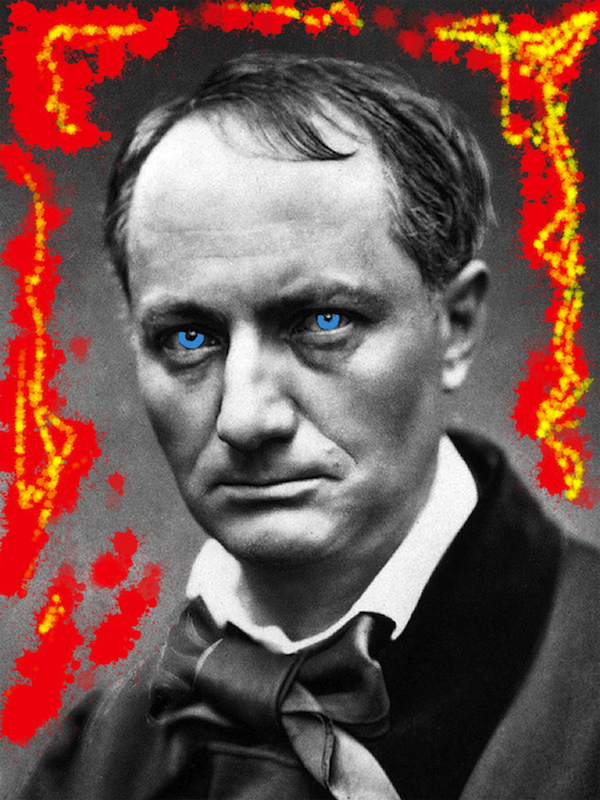Paris: Vision
 05.6.2011
05.6.2011 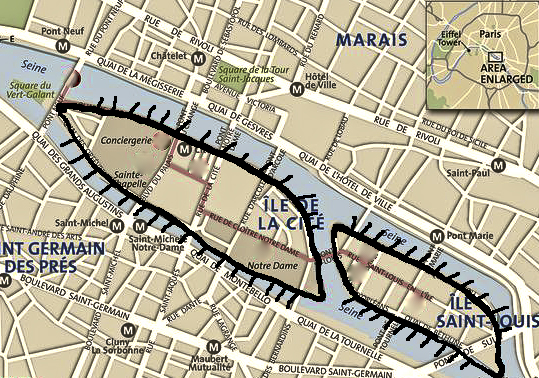
The following poem is included in a book of photos my sister, Suki, created after a trip to Paris in May 2008. My mother gave her children the gift of a lifetime, a trip to Paris for my four siblings, Jane, Jon, Ann and Suki. I was already here. She arrived needing an eye operation which was scheduled for after she returned home to Arizona. But she is a stoic Norwegian-American Viking, and explored Paris with the five of us, ignoring the pain. By the end of the ten days, she was walking down steep steps, in spite of also needing a hip replacement, which she's since had.
Richard traveled, while my mother stayed in our apartment with me. It was wonderful to be able to market and cook for her, after the thousands of meals she made for the five of us throughout our childhood.
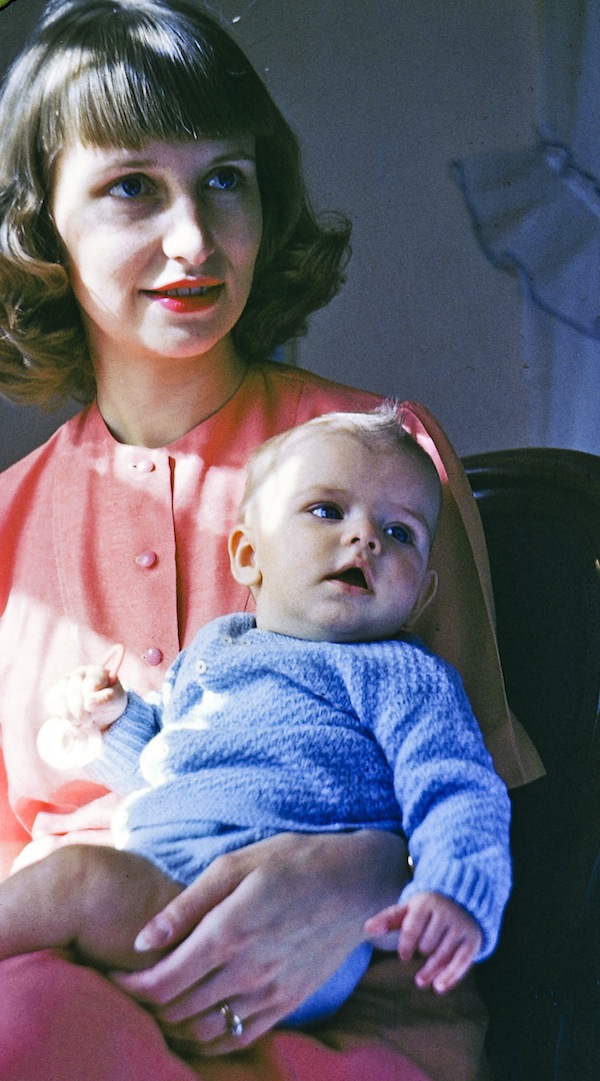 Betty Heimark Kitchell and Kaaren
Betty Heimark Kitchell and Kaaren
While my father was alive, he and my mother traveled around the world. After my father died in 2006, my mother was in a stunned state for two years, and said she would never travel again. This was the first trip she made after his death. We all felt his presence with us in Paris.
PARIS: VISION
For my mother, Betty Heimark Kitchell
Two eyes
gaze out from the Seine:
the eye of judgment,
the eye of dream.
We cross into the left eye:
Here is where Camille Claudel
wrestled lost love
into faithful stone,
where Baudelaire wove
his poems out of smoke,
where Breton planted
Les Champs Magnétiques.
(Here is the place
on her left eye
that teared up,
preventing her from seeing.)
Here is the Pont St.-Louis where police
tortured a gypsy for a crime--
her mother cursed the bridge
and it crumbled seven times.
We cross into the right eye
where tulips bend their heads
over smaller blooms
in the park named for a pope,
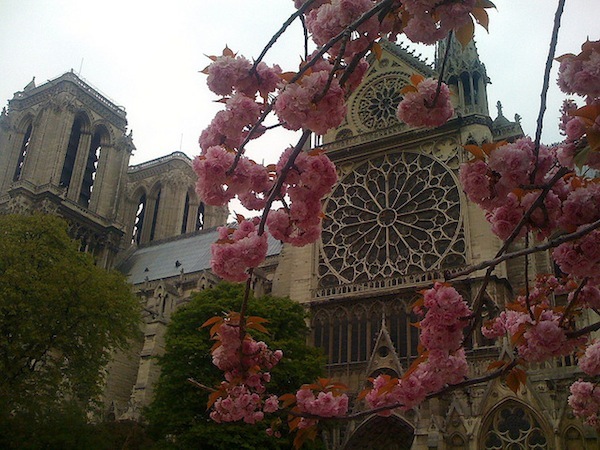
past pink cherry blossoms,
through the Portal of Last Judgment,
and enter Notre-Dame.
(Here is where he and I
lit a votive
beneath the painting of mother and child
and prayed to pagan Demeter
for the health of her eye.)
Here is the Hôtel Dieu,
the first hospital in Paris,
where a drag queen stands in the quadrangle
dressed like Snow White.
Here is the Conciergerie
where Marie Antoinette was locked
before losing her head. (Her judges,
Danton and Robespierre, lost theirs too.)
Here is Sainte-Chapelle, the king's chapel
where 15 windows blaze with blue,
green, gold, red, mauve light,
and stars spangle the ceiling.
Here is where we remember our father's
Four Seasons (blossoms opening, bees
buzzing, horses galloping, snow falling).
Tears spangle our cheeks.
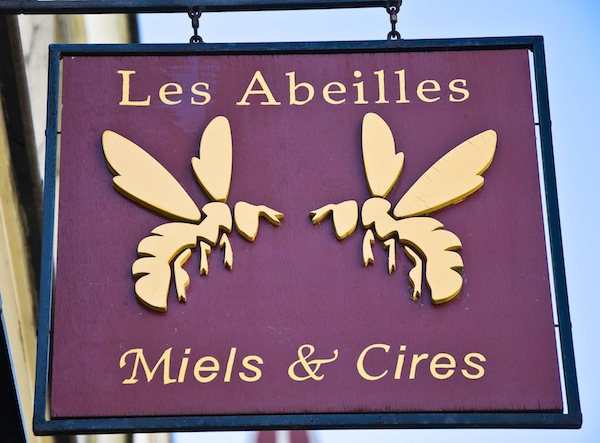
And here is the Square du Vert-Galant,
the old charmer, Henri IV,
most beloved king of France
astride his bronze horse.
Willows hang heavy as lashes
in the corner of the eye
where the bateaux mouches1
depart,
Where she descends
hundreds of steps
and we embark, exultant,
under the bridges of ghostly faces
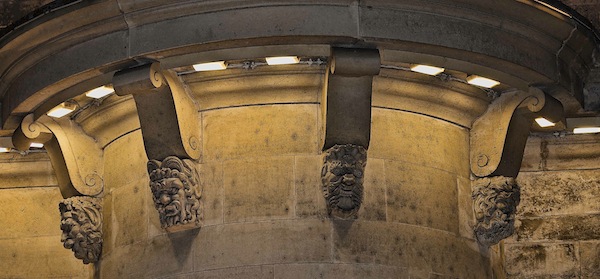
carved in stone,
our boat sliding
toward the tower of lace
flooded with light.
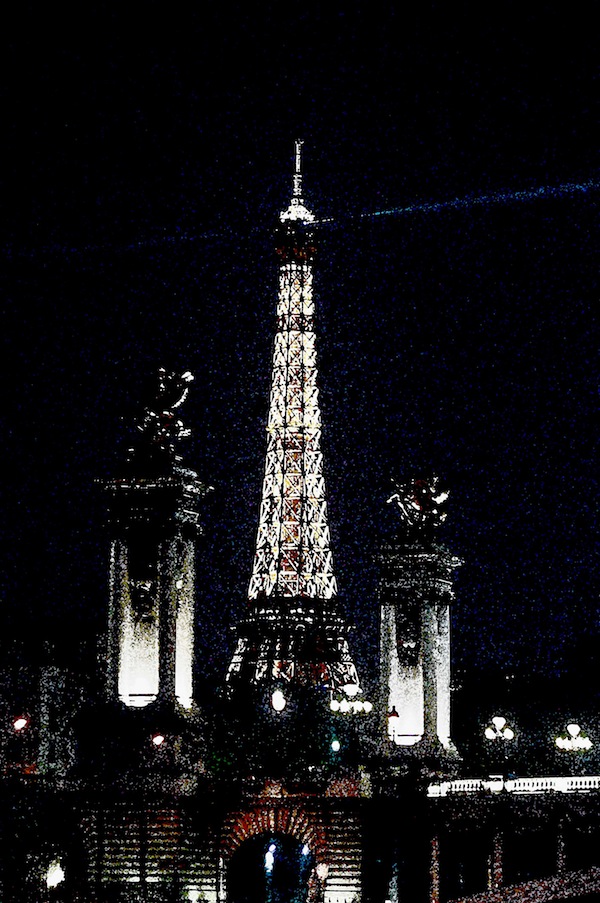
We have passed
through death, passed
through suffering,
whole.
[1] Open excursion boats that provide visitors to Paris with a view of the city from along the river Seine.


